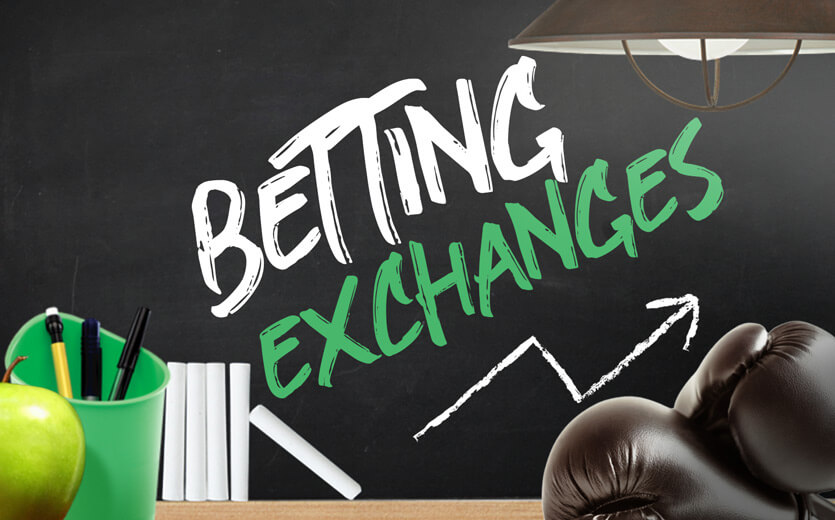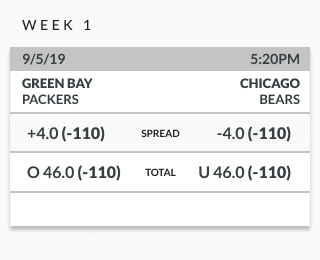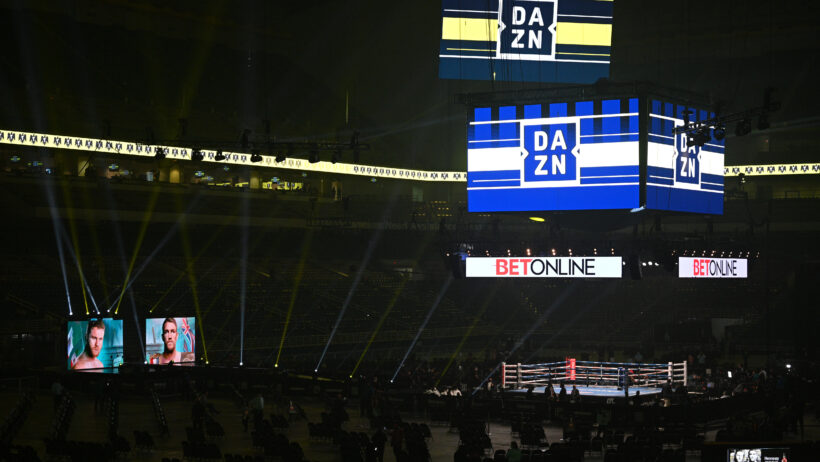What is a Betting Exchange?
By Sascha Paruk
Updated:

Just like sportsbooks, betting exchanges allow bettors to wager on the outcome of games, seasons, and generally all of the same propositions offered by sportsbooks. Indeed, betting exchanges are basically the same as sportsbooks, except for a couple of key differences.
Below, we explain what betting exchanges are, how they are different than sportsbooks, and where you can find them. One leading betting exchange to explode in the U.S. recently is Prophet Exchange.
Side note: we’ll stick to sporting events in this article, but betting exchanges are not limited to sports. You can find political props and entertainment props on many betting exchanges, as well.
What Are Betting Exchanges?
Betting exchanges are online marketplaces where bettors wager against one another on the outcome of any sporting event. They are the same as sportsbooks apart from two main disparities.
First, at a sportsbook, bettors are wagering against the bookmaker. As mentioned, at a betting exchange, bettors are wagering against another bettor.
There is still a price to play at sports betting exchanges, but instead of the juice or “vig” that sportsbooks use to generate longterm profits, betting exchanges take a commission from winning bettors to keep themselves in operation.
“Betting exchanges allow bettors to wager against every proposition, which you can’t always do at a sportsbook.”
The second major difference between betting exchanges and sportsbooks is that betting exchanges allow bettors to wager against every proposition, which you can’t always do at a sportsbook.
The Differences Between Betting Exchange Sites and Sportsbooks Exemplified
Betting exchanges are best explained through examples. Imagine you want to wager on the outcome of the next Green Bay Packers vs. Chicago Bears game. The point spread for the game is Bears -4.
If you head to a sportsbook to bet on this game, you will see a menu that looks a lot like this:


As you can see in the image above, the odds for the Packers +4 and the Bears -4 are -110 each way, meaning bettors have to wager $110 to win $100. That 10% “tax” is the aforementioned juice. It’s how sportsbooks gain the upper hand on bettors and generate profit.
At a betting exchange, however, bettors wanting to wager $20 on the Packers at +4 simply need to find another bettor willing to wager $20 on the Bears at -4.
When our Packers fan heads to the betting exchange to wager, there may already be an open offer for $20 on the Packers +4. If so, our Packers fan can accept the opposing side of that offer and away we go.
If there isn’t already an open offer, then our Packers fan will have to make an offer and wait for another bettor to back the opposing side.
If the Packers cover as four-point underdogs, our Packers fan wins $20 from the Bears fan, minus the commission taken by the exchange operators. If the Bears cover as four-point favorites, our Packers fan loses $20.
Betting Against Outcomes or Making Futures Bets at Betting Exchanges
With spread betting, the functional differences between betting exchanges and sportsbooks are very minimal. But there are other types of bets where there are significant differences.
At betting exchanges, you can always bet against (i.e. “lay”) the opposing side of a proposition. Indeed, betting on anything requires someone else betting the other side.
In order to [wager on the Packers to win the Super Bowl at +1600 at a betting exchange] there must be another better willing to bet that the Packers won’t win the Super Bowl at -1600 odds.
Take futures bets, for example. Throughout the offseason, at both sportsbooks and betting exchanges, you can bet on the Packers to win the Super Bowl at around +1600 odds, meaning that if you bet $100, you will win $1600 if the Packers win the Lombardi Trophy.
In order to make this wager at a betting exchange, though, there must be another bettor willing to bet that the Packers won’t win the Super Bowl at -1600 odds. This bettor stands to win the $100 put up by the Packers backer if Green Bay doesn’t win the Lombardi Trophy.
“Laying” the outcome (i.e. betting that it won’t happen) is what truly separates betting exchanges from sportsbooks in terms of opportunity. Laying is particularly popular with horse racing, where betting a particular horse won’t win is not an option at traditional sportsbooks.
What Are the Best Sports Betting Exchanges?
Unbeknownst to many, betting exchanges have been around for more than two decades. The originators were Betfair and Flutter in 2000. The two companies merged in 2002 (under the Betfair moniker), and together they continue to hold the largest market share, but other betting exchanges have entered the fray.
In 2001, Ladbrokes (a traditional sportsbook) launched its own betting exchange, known as BETDAQ. A few years later in 2004, Matchbook came onto the scene.
Unfortunately for North American customers, none of the four main betting exchanges appears to accept customers from either Canada or the United State at this point in time.

Managing Editor
Sascha has been working in the sports-betting industry since 2014, and quickly paired his strong writing skills with a burgeoning knowledge of probability and statistics. He holds an undergraduate degree in linguistics and a Juris Doctor from the University of British Columbia.



